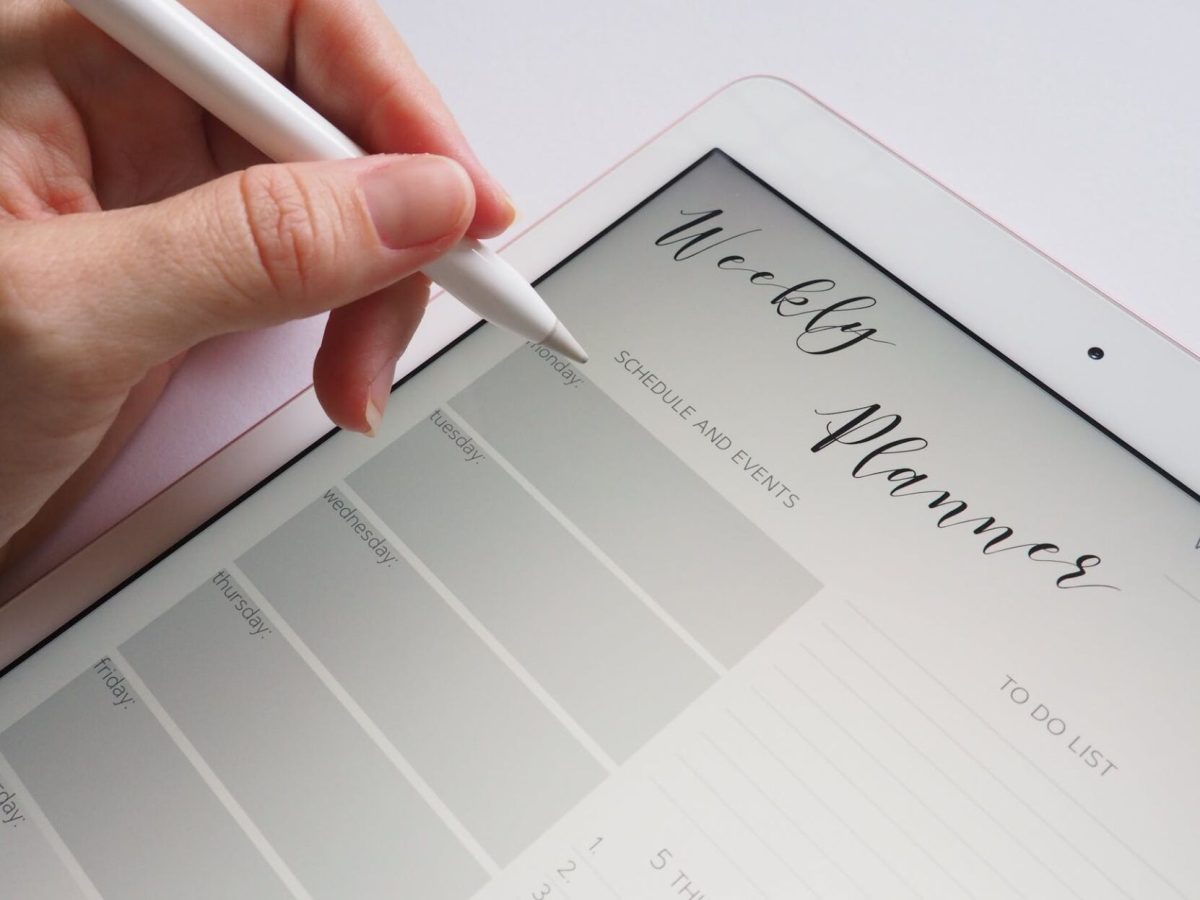At the beginning of the COVID-19 lockdown, there were a lot of online personalities pushing out “motivational” messages to their viewers to take advantage of the extra time at home to learn a new skill. “Be productive,” they said. So, like any other extremely media-influenced young adult, I mindlessly obeyed and went out to buy a set of needles and yarn to teach myself how to crochet. For months I would glance over to the top of my dresser to where the crochet materials lay and guilt myself for being lazy and unproductive. Even with the additional hours of free time at home, I couldn’t bring myself to learn, let alone touch the materials because I just didn’t have a desire to. What I didn’t understand at the time is that just because you can, doesn’t mean you should. Also, now I realize that I didn’t set out to learn the art of crocheting because I was creatively inspired to do so. I was trying to learn to crochet because it was among one of the simpler skills to learn to still qualify as being productive during my extended hours inside.
The mistake I made is one that I see plaguing our nation, a hyper-fixation on being productive just for the sake of it. Toxic productivity is akin to workaholism, wherein one is obsessed with being productive in all aspects of their lives to a point where they truly live to be a productive human being. A hyper-fixation on productivity can lead to a toxic cycle where an individual is constantly chasing after success, afraid of wasting even a minute of their time on just living and breathing. This anxiety to accomplish any and all goals possible within the day can eventually cause a person to lose all passion and drive in the task at hand.
Similar to toxic productivity is something called hustle culture, wherein one seeks to gain financial compensation for their hobbies and interests. Although I am in no way putting down anyone who hustles on the side as a means of making more money, I would like to shed light on the potential pitfalls of monetizing your hobbies with the intent of being more productive. If you take an activity or craft that you really enjoy and put it under the stress of flipping it into a business model, you run the risk of putting out the flame that inspired you in the first place. Again, just because you can monetize your hobby doesn’t necessarily mean you should. Not everything that we do has to be done under the intent of bringing us monetary gain.
Our culture has normalized the toxic effects of productivity, creating an overworked society that is constantly seeking satisfaction and success out of every waking moment of the day. Chasing after round-the-clock productivity inevitably results in the heavy disappointment of reality in that life is not meant to be successful all of the time. We’ve been conditioned into productivity robots that lose sight of the small but meaningful joys of life in exchange for a long list of accomplishments and fleeting satisfaction. We are on this Earth to live, not to be productive. Learn to use productivity as a means for healthily accomplishing your goals but be careful to not let it take control of your life, blinding you to the many moments of happiness that may present themselves to you.









